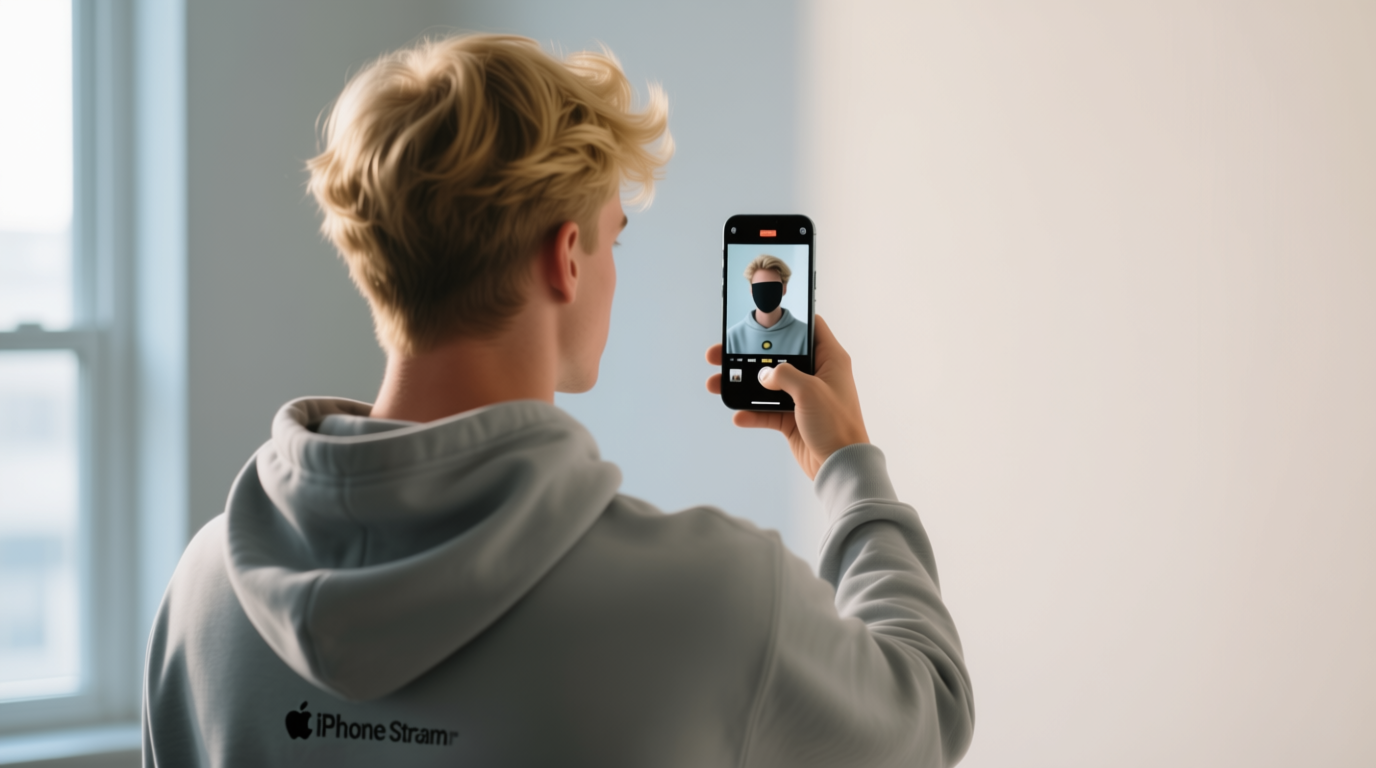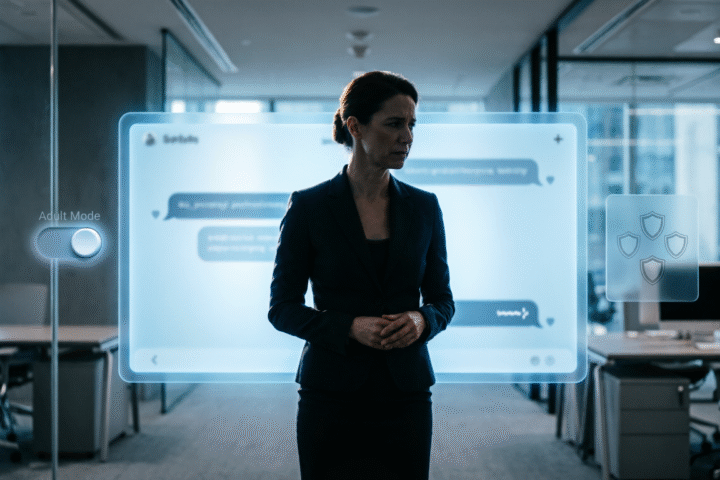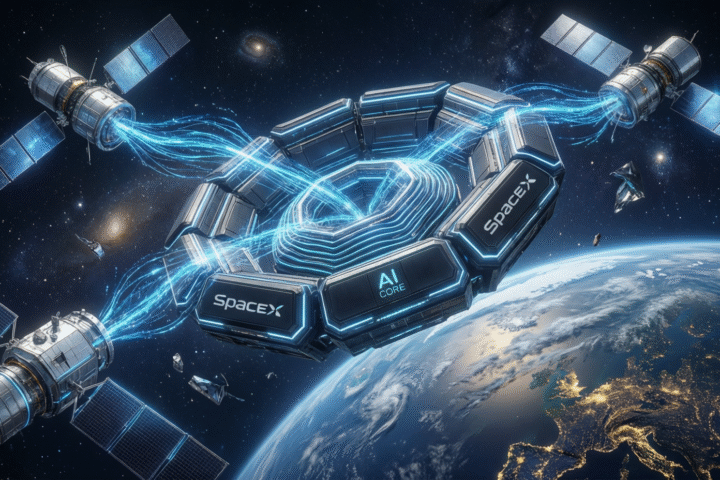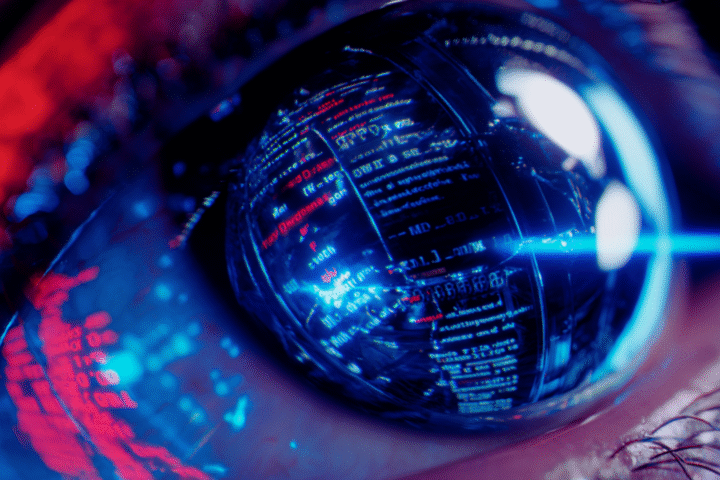Social media star Jake Paul has become the focus of a viral TikTok trend, with Sora deepfake vidеos portraying him coming out as gay and promoting acceptance of his sexuality.
Key points:
- Jake Paul has become the subject of viral Sora 2 deepfakes, including videos portraying him coming out and giving makeup tutorials.
- The trend spotlights growing concerns over AI-generated content, with creators like MrBeast and Zelda Williams questioning its impact on authenticity, consent, and creative work.
- As AI media becomes increasingly realistic, platforms, creators, and audiences face a critical moment in addressing ethics, ownership, and accountability in digital content.
The deepfake videos featuring Paul, including clips of him giving makeup tutorials, were generated using OpenAI’s new text-to-video AI app, Sora 2. The platform allows users to create “cameos,” inserting themselves or consenting participants into AI-generated scenes. OpenAI explains that users can join a scene by submitting a brief video and audio clip, which verifies their identity and captures their likeness.
Paul has acknowledged the proliferation of the Sora deepfake videos featuring him and appears to be taking them in stride. In a TikTok post wherein he stitched one of the deepfakes, he remarked, “this AI is getting out of hand,” while also leveraging the viral attention from the Sora clips to promote the drink brand, Celsius.
Related: Kusama Reveals Details Of New AI Product in Recent Livestream
The trend illustrates how AI-generated deepfakes are becoming increasingly realistic and harder to distinguish from real footage. While Paul has appeared unfazed, some individuals in the online community have expressed concern over the expanding capabilities of AI.
In a recent statement, YouTube creator Jimmy Donaldson, widely known as MrBeast, voiced concerns about the rising impact of artificial intelligence on content creators’ work, spotlighting questions about how platforms like YouTube intend to respond to these developments.
Related: OpenAI Policy VP Fired After Dispute Over Adult Mode Feature
“When AI videos are just as good as normal videos, I wonder what that will do to YouTube and how it will impact the millions of creators currently making content for a living,” MrBeast wrote in an X post.
Similarly, Zelda Williams, filmmaker and daughter of the late comedian Robin Williams, criticized the generation of AI videos depicting her father, expressing concern over the use of artificial intelligence to replicate his likeness.
As AI-generated content continues to evolve, the conversation around consent, creativity, and digital ethics is intensifying. Platforms, creators, and audiences alike are grappling with questions about ownership, authenticity, and accountability, signaling a pivotal moment in defining how society navigates a world where synthetic media can blur the line between reality and imagination.












